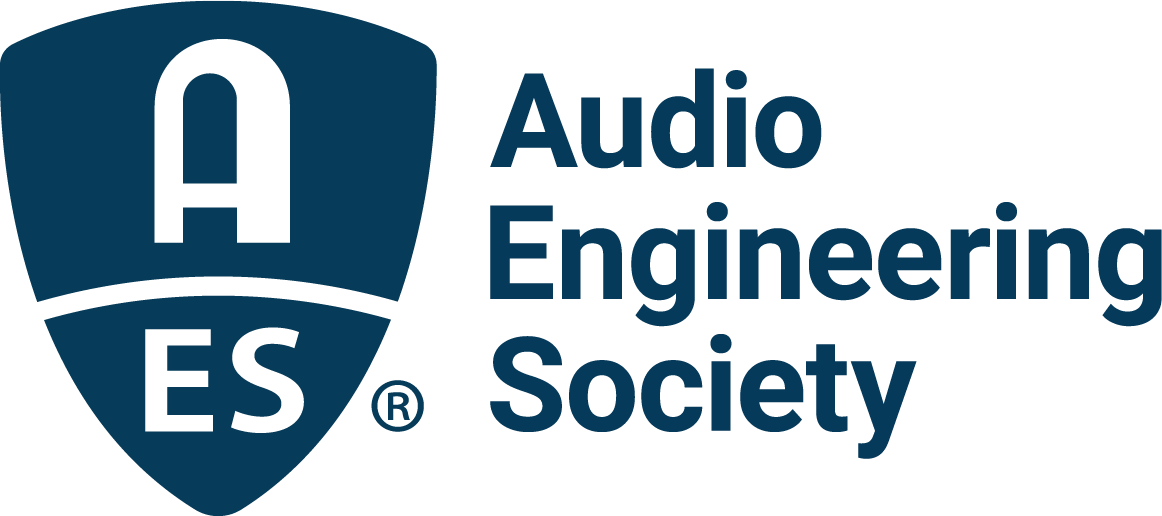From its founding in 1948, the AES has embraced education in its mission to promote advances in audio and disseminate new knowledge and research. Formal audio education programs in colleges and universities have a more recent history, appearing in Europe and the United States in the 1960s and early 1970s. Today, hundreds of colleges, universities, career schools, high schools and even recording studios offer courses in audio, particularly in music and media production. Many manufacturers also provide technology-specific educational materials, training courses and certifications. Approximately 23 percent of AES members are current or recent students, and the large numbers of students who attend AES conventions, coupled with the popularity of tutorial sessions, career-counseling and educational events at these major meetings, provide clear evidence that students are eager to pursue training and potential careers in audio.
The structure and content of audio programs is diverse, reflecting variables of history, tradition, local need and available expertise. Most academic audio programs throughout the world, though, are oriented in one of three general directions:
- toward music recording, production, and live entertainment;
- toward mass communication, including electronic journalism, broadcasting and film; or
- allied with the engineering arts and sciences, including electrical engineering, signal processing, acoustics and psychophysics.
Different pedagogical traditions exist in these areas, and faculty face distinct curricular challenges depending on the focus, size, selectivity, funding and accreditation of their programs. Nonetheless, are there common considerations, techniques and outcomes that all audio programs should embrace? What responsibilities do educators and commercial interests share for the current and future health and quality of the audio industry?
In 1973, the AES Board of Governors took steps to explore these questions by establishing an Education Committee charged with surveying the global state of professional audio education and compiling a directory of educational programs and facilities. This resource has long since migrated online and remains available at http://www.aes.org/education/directory/.
Presented at the 1978 AES Convention in Los Angeles, Trends in Audio Education: A Symposium contained nine monographs that describe an evolving industry with educational challenges and responses to those trends that will seem remarkably familiar to 21st century faculty and students.
The 2013 AES Conference on Audio Education and the 2015 Audio Education Conference (see Events tab below) generated 53 papers on topics that reflect new developments in research methods, certifications, accountability and industrial changes. These are linked under the Elib tab below, organized into four broad categories: Careers and Industry; Listening, Mixing and Perception; Program Overviews; and Discipline-Specific Case Studies and Pedagogy.
We’re now pleased to issue a call-for-papers for a 2020 AES Audio Education Conference, due to take place in June 2020, and we encourage faculty and industry leaders to propose papers and workshops.

